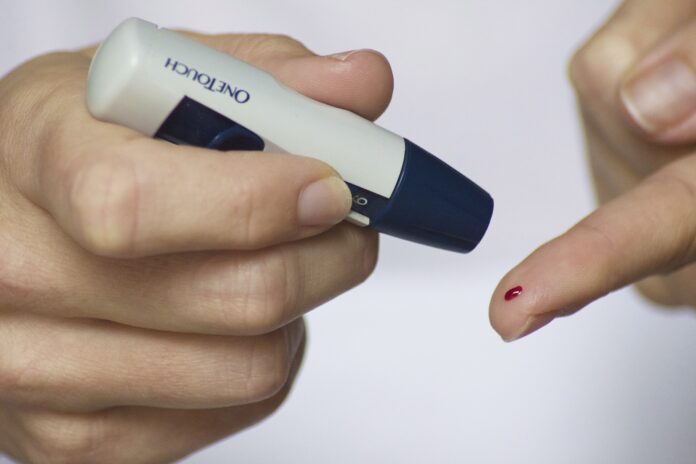As a senior, you probably expect to suffer from a few new niggles and medical problems as the years go on. But type 2 diabetes? That diagnosis probably came as a shock. The reality is that while type 2 is most commonly diagnosed in middle-age, it is not impossible to get it later on in life. With the rise in obesity across the globe, rapid increases in diabetes diagnoses have been running virtually in lockstep with it. So, what do you need to know and do differently as a senior with type 2 diabetes? Here are a few suggestions to take onboard.
Understand How It Happened
While you may never know exactly what led to the diagnosis, it is useful to see if there were any clues. It is estimated that as many as a quarter of people with type 2 diabetes don’t even realise it. It is only when the symptoms become too severe that they get it checked out and discover what the symptoms are related to. However, if you’ve gradually put on weight as a senior or you gained weight in in middle age and never shifted it, that could be a contributing reason. Also, if you have not exercised much in the last decade, that won’t have helped either. Additionally, there is the possibility that it’s related to your genes. Families with a history of diabetes are over 10 percent likelier to pass it on to the next generation.
Are There Effective Treatments?
A risk assessment and tests are useful to determine whether a senior has type 2 diabetes. Usually, a type 1 diagnosis is already known because it’s lifelong and is more obvious as a child. However, worsening type 2 diabetes can become type 1, so it pays to manage it well to avoid it deteriorating. The London Diabetes Centre is a clinic in the UK’s capital that tests for diabetes. They provide treatment for type 2 diabetes usually after a proper diagnosis is performed. Once everyone is on the same page regarding your current medical status, then the right type 2 diabetes treatment can be offered.
Healthy Improvements to Make
Carrying around extra weight isn’t helpful when you’ve received your diagnosis. At that point, it is useful to get some dietary tips from a diabetes dietitian to get on the right road. Steering clear of unwise food choices, watching your cholesterol levels, and fuelling correctly, puts fewer obstacles in your path.
You may find exercise more difficult as a senior, and your running and cycling days may be behind you. But if they are not, then it can assist in getting down to and maintaining a healthier weight level. Alternatively, even some walking every day will be an excellent form of light exercise. Every little bit helps.
For seniors, type 2 diabetes isn’t usually expected. However, if you have recently received a diagnosis, the sooner you make lifestyle changes in order to manage the condition, the better.























